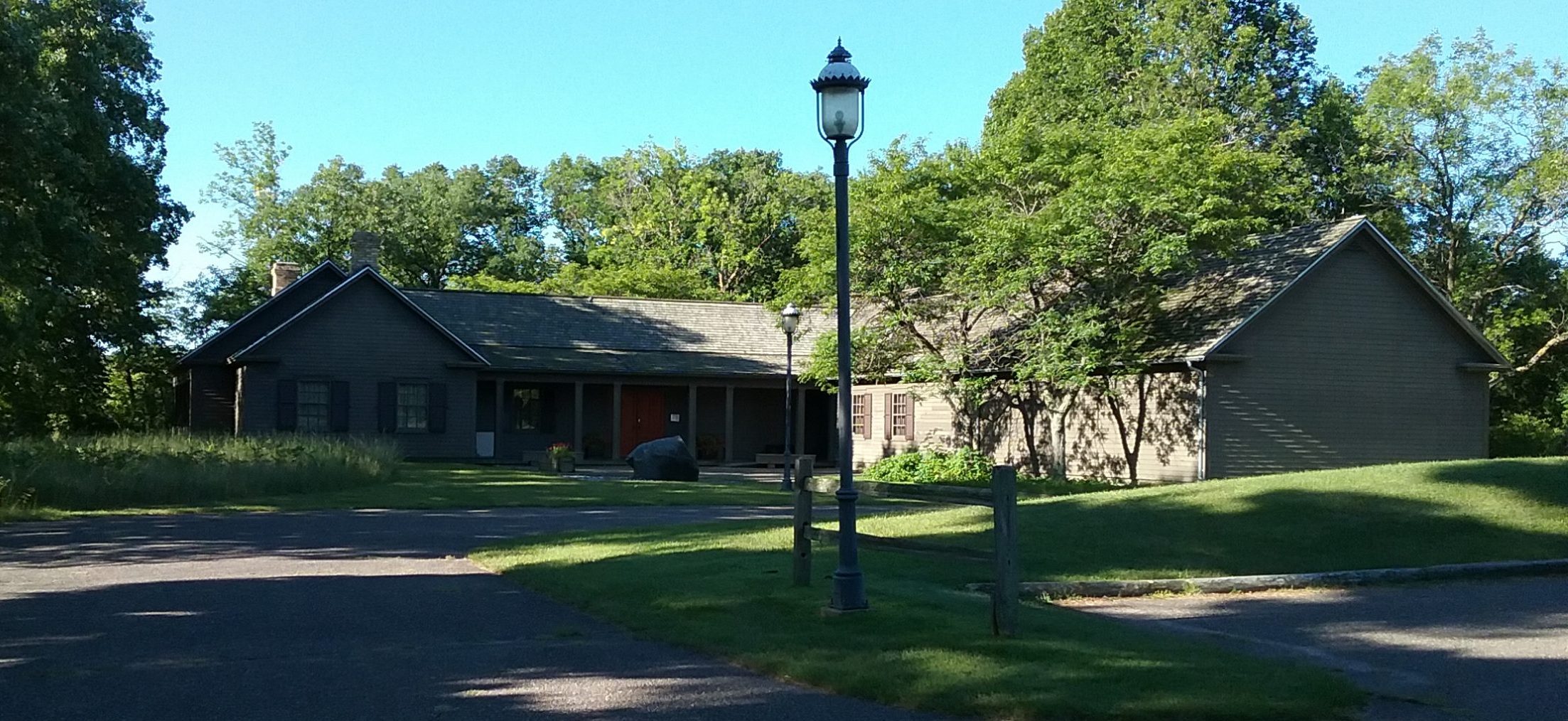It never ceases to amaze me how much can be learned from a single artifact. I recently finished accessioning a beautiful collection of music that originally belonged to Anna Tranberg Coen of Little Falls, Minnesota. Donated by Bette Gerling, the nearly 150-piece collection forms a portion of what once must have been an extensive music library. Published during a period extending from the late nineteenth to the mid-twentieth century, this collection presents a unique perspective on American culture. After selecting one piece of sheet music to research for this issue of the newsletter, YES! We Have No Bananas, I embarked on a trail of discovery that led to places as diverse as immigration history, Greek culture and my own childhood memories.
Published in 1924 by the Skidmore Music Company of New York, YES! We Have No Bananas reveals much about life in the United States during the early twentieth century. The lyrics to the song describe a fruit store owned and operated by a Greek businessman in New York City (There’s a fruit store on our street It’s run by a Greek). The United States was a popular destination for Greek immigrants during the twentieth century. By World War I, approximately 300,000 persons of Greek descent had emigrated to the United States. The vast majority of these settled in New York, Chicago or one of the other major cities. One of the largest waves of migration occurred after the 1922 expulsion of Greeks from Asia Minor. By the time YES! We Have No Bananas was published, New York had a well-established Greek community of about 35,000.
Though most Greek immigrants came from rural areas, they quickly adapted to their new urban environment. Many found jobs in factories or became the owners and proprietors of various businesses, including restaurants, sweet shops and fruit stands. Some were true American entrepreneurs. Greek immigrants living in Chicago, for example, are credited with inventing the soda fountain and sundae. The fruit seller in this song was apparently a successful businessman as he felt the need to write home for help (Bus’ness got so good with him He wrote home to say “Send me Pete and Nick and Jim, I need help right away”).
The lyrics to the song suggest that the fruit seller was an uneducated foreigner (But you should hear him speak…, He just “yes-ses” you to death…). While most Greek immigrants had little formal schooling, they placed a high value on education. Children, for example, were enrolled in Greek language courses at the same time they attended English language schools. Adults actively sought to improve their knowledge of American culture through night classes and by participating in other English language programs. One popular institution, Jane Adams’ Hull House in Chicago, emphasized both Greek and American life. This dual focus helped immigrants adapt to their new environment while maintaining important aspects of their native culture.
The variety of foods named in this song also help to tell the story of life in America during the 1920s. The store sold all kinds of fruits and vegetables, including string beans, onions, cabbages and “Sparrowgrass” (asparagus). Many of the foods were locally grown. The unavailable bananas, however, came mainly from Portugal and Spain.
Beautiful examples of graphic art, many cover designs for sheet music provide another wonderful source of information. The cover to YES! We Have No Bananas shows a store front with a striped awning and a stand displaying a variety of fruits and vegetables. The man standing in front of the store is wearing an eclectic assortment of clothing featuring an unusual grouping of patterns and colors. Unlike his attire, everyday wear in early twentieth century rural Greece was fairly simple. A typical outfit consisted of an embroidered tunic, a white shirt with long sleeves, white woolen stockings or leggings and a fustanello. A fustanello is a knee-length cotton or linen garment that resembles a kilt. Along the Greek coast and on the islands, typical male dress included baggy trousers and a distinctive flat peaked cap.
Though published several decades before I was born, YES! We Have No Bananas seems to have always been part of my musical vocabulary. My brother and I would sometimes go tromping through the house or across the yard singing the first few lines of the chorus (YES! We have no bananas. We have no bananas today). What fun it was to discover that, while we had the words down pat, we definitely took some artistic license with the music!
It is hard to imagine what life would be like without food or music. What, for goodness sake, would our MCHS president, Art Warner, do without his chocolates or his music. We live in a rich and diverse world, a world filled with good music and good food. While life may not always be able to provide us with bananas, the available alternatives are just as great!
by Ann Marie Johnson
Copyright 2003, Morrison County Historical Society
